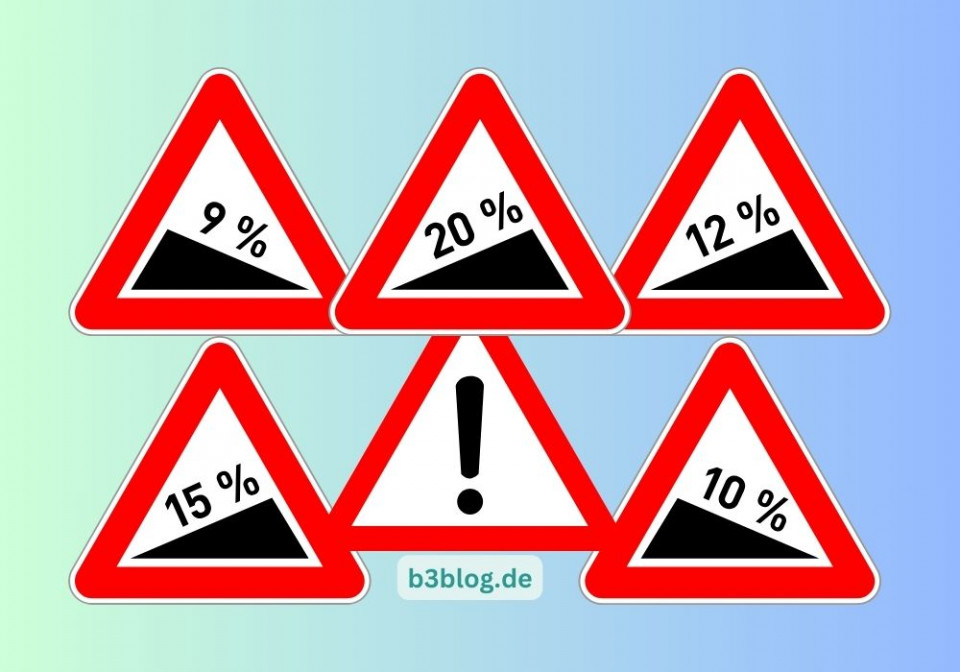Why do you need simulators?
Who has ever been in a flight simulator? Never tried it? Nevertheless, probably no one has ever been past a video game in which you race through virtual territory as a racing driver. You don't have to be a fan of computer games to do this; as a parent, for example, you can hardly avoid having at least looked over your offspring's shoulder.
The first simulators were developed a good hundred years ago, when they were used to train airplane pilots. It's not a bad idea to let a pilot train on the safe ground first. In the event of an accident in the simulator, there are no fatalities or injuries, very reassuring. There is also no property damage, another important argument. Simulators are not limited to aircraft, they exist in very many technical fields. They have proven their worth for training wherever the handling of complex technical situations and problems should first be practiced in a protected area.
Excursion into virtual reality
Certainly, it can be argued that many video games and computer games can also be understood as simulations of the real world.
world. Simulation actually means pretense - here I immediately think of "pretense of false facts". This negative expression can easily be turned into a positive one, if one understands the simulation of games as a replica of reality, as a training ground and playground for the real world. Real world and virtual world, that is a pair of opposites that has formed since the 1980s. In between, there is another dimension, mixed reality or augmented reality, which combines VR (short for: virtual reality) and reality. It is precisely here, in these border areas, that things get interesting. Because with VR headsets or VR glasses, simulations can be experienced even more realistically, and not just in the world of computer games.
Recently, for example, the media reported that a farmer in Turkey had put VR goggles on his cows while milking them. With a noticeable effect: The cows, which imagine themselves to be in lush green meadows, give more milk (an interview about this in the SZ: "Die Kuh ist 20 Minuten online" )
Patient simulation with VR
What is right for cows and pilots can also benefit medical students. Patient simulation has long since proven its worth in various areas of medical training. VR headsets add a new dimension, for example in Marburg. There, VR goggles help to better prepare students for stressful situations in emergencies (report in Hessenschau: Medical students practice for emergency room with virtual reality).
The report is a good example of how virtual reality and simulation can be combined in a meaningful way - for the benefit of people in the real world. We can look forward to further solutions that deliberately rely on the blending of different worlds.


